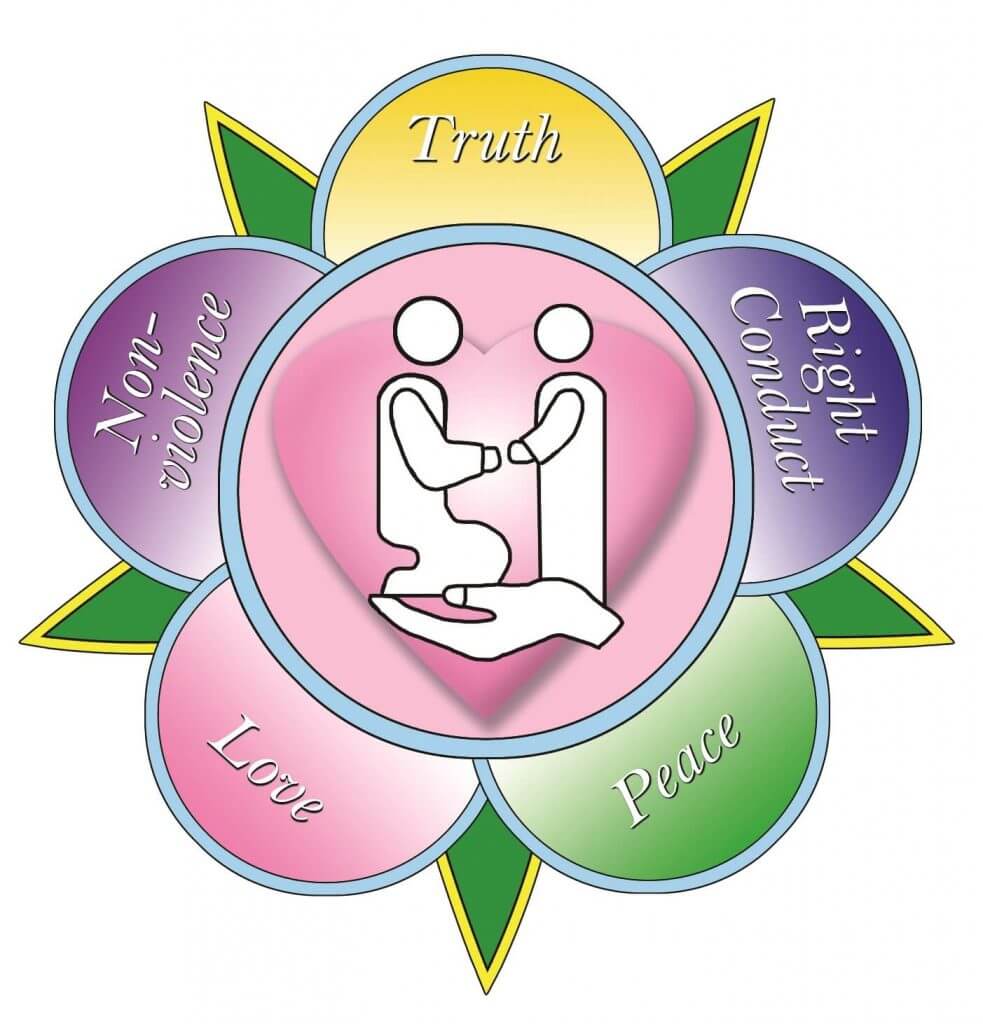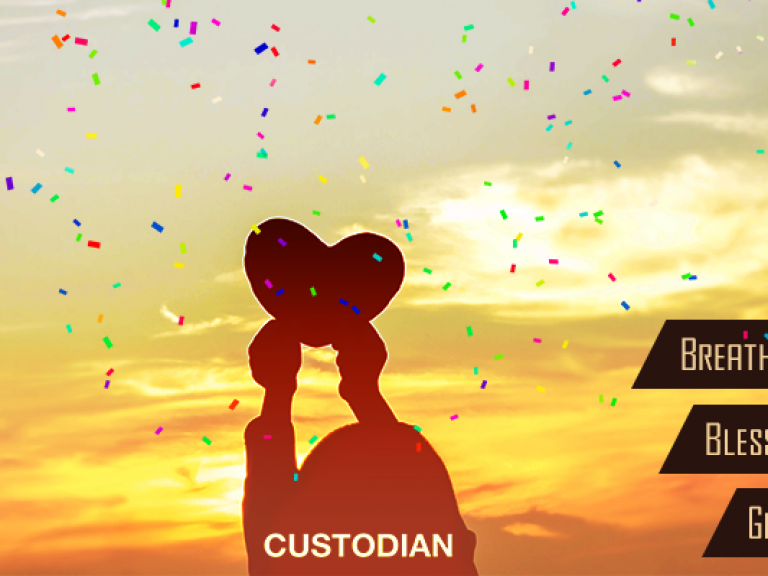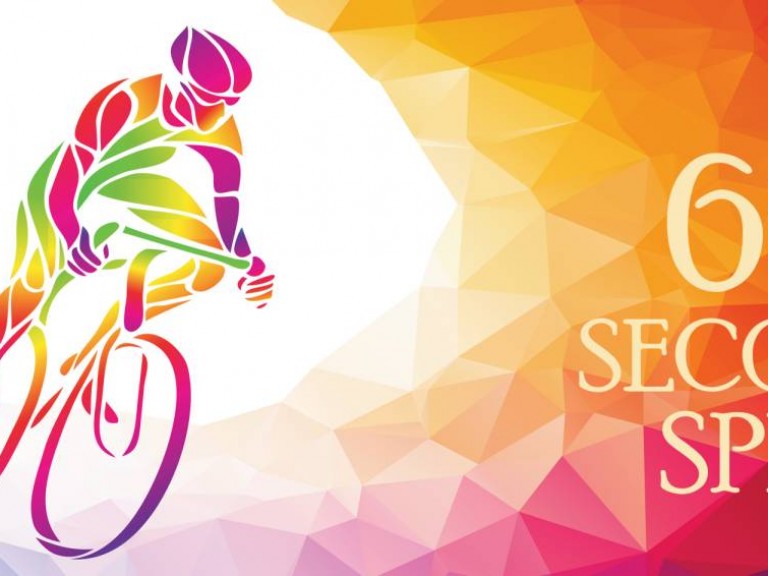Behaviour Determines Attitude
We start the week, and each day, at the school with meditation. Many of our Custodian clients and some of my team members have been to these sessions with me - they are very powerful.
We all sit in a circle on the floor of our main room, legs crossed; up to 75 kids and 15 staff, teachers and social workers get ready for meditation. Gerry, the headmaster, passes a feather around the room, giving every person the room the opportunity to wish everyone a good day, once the feather comes to you.
One of the boys then lights the candle and says :"When we light these flames we wake the flames of peace, truth, right conduct and love within us all".
Gerry then asks all to say our sacred words:
"we start the day with love,
we fill the day with love,
we end the day with love,
this is the way we live".
I can't begin to tell you how powerful 90 people saying these words together is. That alone, I am sure, is a blessing. (A blessing by the way is a positive feeling).
Gerry then conducts a guided meditation. We use a 'Theravada Buddhist traditional' meditation. Meditation is aimed to help them focus on their breathing. Breathing is linked to our thoughts. The average person breathes around 20 times per minute. We meditate for 15 minutes and try to slow down the breathing, which slows down the mind. When the mind is slowed, the space between thoughts opens up. That's what meditation is: the space between thoughts.
After 5-10 minutes of working on their breathing, Gerry will then introduce a Japa. Japa is a word the boys can repeat to help with their breathing and mind. Gerry uses the word Toogoolawa pronounced Too-goo-la-wa; 4 syllables where the boys may breathe in for a count of 4 and out for a count of 4. The word Toogoolawa means a place in the heart so as they repeat the word it has meaning for them. Gerry will also offer the only Japa used in the New Testament in Aramaic - maranatha; ma-ra-na-tha. It means "come lord". (1 Cor. 16:22)
After 15 minutes of meditation we then have the thought for the week where one of us will tell a story that exemplifies the thought based on one of the 5 human values, which are foundations of the school: Love - Peace - Truth - Right action - Non-violence
 I really love it when it's my turn to do the meditation and tell the story.
I really love it when it's my turn to do the meditation and tell the story.
In the USA, the medical community labels abuse, neglect or household dysfunction of a child as ACE (adverse childhood experiences). Adults who lived through 4 or more traumas as children are twice as likely to be smokers, twelve times more likely to attempt suicide, seven times more likely to be an alcoholic and ten times more likely to inject themselves with illegal substances.
Your brain’s response to danger is called the HPA axis (hypothalamus, pituitary, adrenal). It's your fight or flight chemical release of adrenalin or cortisol. If kids experience to much trauma the HPA pathway can be jarred open. That has all sorts of ramifications as you can imagine.
We are still learning about all this in Australia. In the USA they know 1 thing: meditation helps reverse the effects of ACE on kids. We have applied that theory at Toogoolawa for 25 years now.










